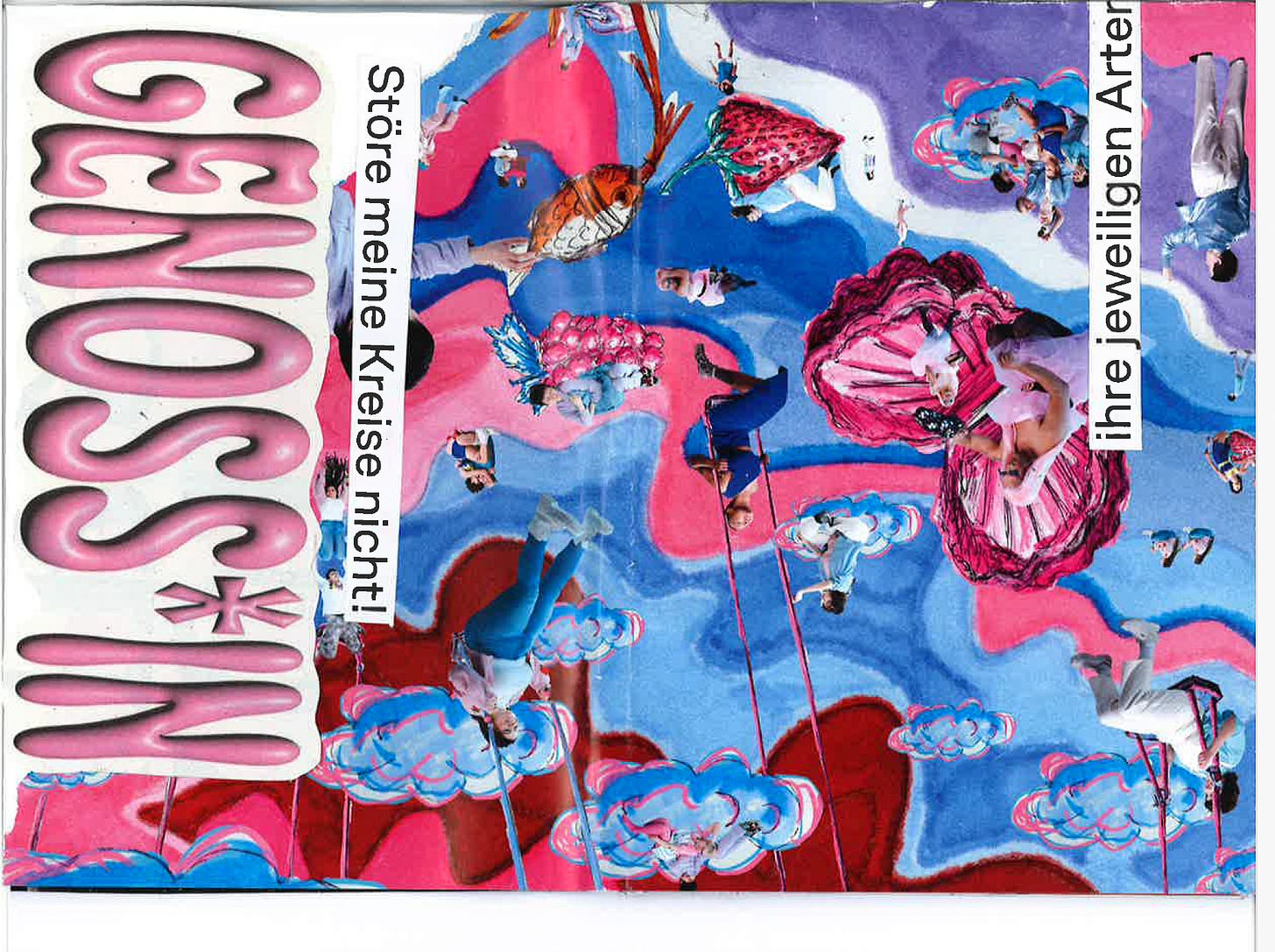What Makes Up a Writing System?
Building a Writing System: The Tools and Habits That Keep Me Productive as an Academic Writer
Welcome to Footnotes, where I share my journey in publishing my first monograph and give you updates about my life as a postdoc researcher at a German university. I've published many peer-reviewed journal articles (both single-authored and co-authored) in top-ranked journals and edited two books with over 15 contributors. I also won a prize for my article on sex work and migration.
In today's post, let's talk about how to build a system. I recently re-listened to James Clear’s Atomic Habits and was reminded of something I’ve learned and internalized over the years: building a system that actually works for achieving your goals.
I love talking to people—especially academics and writers—about their writing process. Whenever I get a chance to chat with a friend or colleague who has recently published, I always ask: How do you write? Over the years, I’ve collected some fascinating and even eccentric responses. A senior professor I met during my US trip, for example, told me he can only write in bed—a surprising habit for someone with four well-respected books in his field.
What Makes Up a Writing System?
In academic writing, your system revolves around three key elements:
The data
The literature
Your previous drafts and writings
Before diving deeper into each of these, let me first paint a picture of my physical writing setup.
My Writing Setup
My writing process is almost exclusively digital. I’ve never been a fan of handwritten notes—whenever I try, I either get impatient because my hand can’t keep up with my thoughts, or my handwriting turns out so bad I can’t read it later. I also just love the feeling of typing on a keyboard. Recently, I even got a mobile keyboard to use with my iPad, though I haven’t had the chance to test it properly yet.
So, my writing setup is simple: just me, my PC, and my coffee. No stacks of books or printed articles lying around. One new ritual I’ve developed is burning a long candle while I write—it helps set the mood and gives me a sense of time. I usually finish one full taper candle a day.
The Software That Powers My Writing
I organize my academic work using MAXQDA24, Obsidian, Zotero, Word, and OneNote. If I had to pick just two to take to a deserted island, it would probably be Word and Zotero. Here’s why:
Zotero: I cannot praise this software enough. It’s not just for managing citations—it also works as a powerful reading organizer. I recently upgraded my Zotero storage and spent three days during my Mexico trip uploading all my PDFs. Game changer. Now, I can categorize and list all my readings in one place. I’ve never been someone who memorizes article titles or publication years, so Zotero helps me keep everything organized and accessible. If you haven’t done it yet, take some time to optimize your Zotero library—you’ll thank yourself later.
Word: I know some people have moved on to newer, trendier writing programs, but for me, Word remains unbeatable. It’s simple, accessible, and—most importantly—universal. I never have to worry about formatting issues when sharing drafts with colleagues, and the track changes function is indispensable for collaborating on academic work. I also love its seamless integration with Zotero for citations. At the end of the day, Word does exactly what I need it to do without unnecessary distractions, and that reliability keeps me coming back.
MAXQDA24: Essential for qualitative researchers, this software helps me keep all my interview transcripts and fieldnotes in one place, allowing me to code and analyze my primary data. If you’re a researcher dealing with multiple projects at once, this is a lifesaver. Many universities provide access to it, so check if yours does!
Obsidian vs. OneNote: I started with OneNote and still use it for everyday journaling and general note-taking. But after seeing how well Obsidian integrates with Zotero, I now use it specifically for article and chapter drafts. For me, it’s not about choosing one over the other but rather using them in ways that complement each other.
Don’t Clutter Your Workflow with Too Many Apps
Sometimes, software just doesn’t work for you, and that’s okay. Scrivener, for instance, was a disappointment for me. I bought it with high expectations but quickly realized that its interface didn’t suit my workflow. I share my drafts frequently and create multiple versions before finalizing a piece, and Scrivener made it difficult to track changes and integrate feedback from others. If a program isn’t serving you, let it go.
Never Delete Anything
Whatever you write—even if it doesn’t fit your current project—can be extremely useful down the line. Chances are, you’ll revisit similar topics in future work, and having old drafts to pull from can save time and effort. I always keep my drafts because you never know when you’ll need to recycle an idea.
I’d love to hear about your writing system! What tools or habits help you stay productive? Leave a comment or reply to this post—I’m always eager to learn from other writers.
Until next Friday,
Tunay


